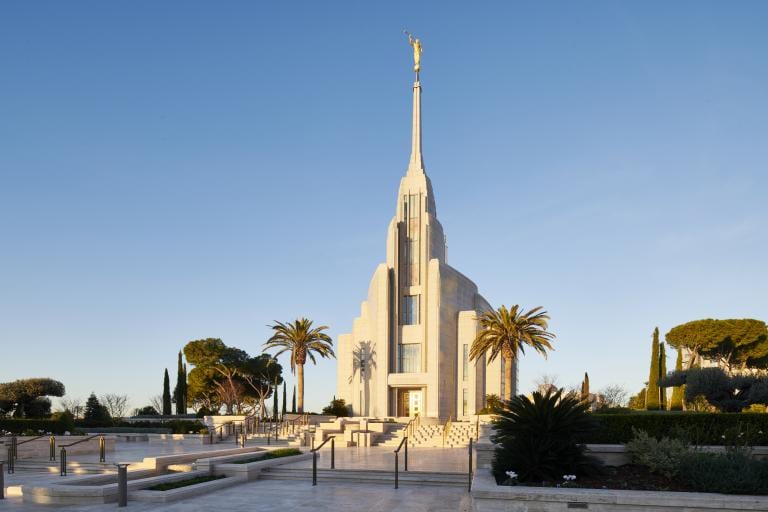
In my Middle East Studies (Arabic) 467R class, which is also listed as Philosophy 360R, we’re still reading the twelfth-century fable about a brilliant autodidact on a desert island that is the centerpiece of Lenn Evan Goodman, Ibn Tufayl’s Hayy ibn Yaqzan: A Philosophical Tale (Chicago and London: The University of Chicago Press, 2009). Here’s a beautiful passage from it:
If there is a Being Whose perfection is infinite, Whose splendor and goodness know no bounds, Who is beyond perfection, goodness, and beauty, a Being such that no perfection, no goodness, no beauty, no splendor does not flow from Him, then to lose hold of such a Being, and having known Him to be unable to find Him must mean infinite torture as long as He is not found. Likewise to preserve constant awareness of Him is to know joy without lapse, unending bliss, infinite rapture and delight. (137)
The Latter-day Saint conception of Hell is, I think, rather like Ibn Tufayl’s notion of a state of “infinite torture” caused not by the deliberate torments and malicious imps of Dante Alighieri’s medieval Inferno but by separation from God and the divine. In fact, Dante’s “Limbo,” the first circle of his imagined Hell, is much more to the point.
(I cite from Allen Mandelbaum, trans., The Divine Comedy of Dante Alighieri: Inferno [Toronto and New York: Bantam Books, 1982].)
Upon entering (fictionally) into the next world, Dante was astonished by what he saw: “I should never have believed,” he wrote in his Inferno, “that death could have unmade so many souls” (canto 3, lines 56-57). Strikingly, despite his obvious admiration for Socrates, Plato, Aristotle, the great Islamic philosophers Avicenna and Averroës, and the chivalrous Muslim military hero Saladin, Dante felt obliged to place them all in Hell (canto 4). Even his guide, companion, and “kindly master,” the Roman poet Virgil, was eternally barred from heaven. Virgil explains the reason to Dante as follows, at canto 4, lines 33-41):
I’d have you know, before you go ahead,
they did not sin; and yet, though they have merits,
that’s not enough, because they lacked baptism,
the portal of the faith that you embrace.
And if they lived before Christianity,
they did not worship God in fitting ways;
and of such spirits I myself am one.
For these defects, and for no other evil,
we now are lost and punished just with this:
we have no hope and yet we live in longing.











